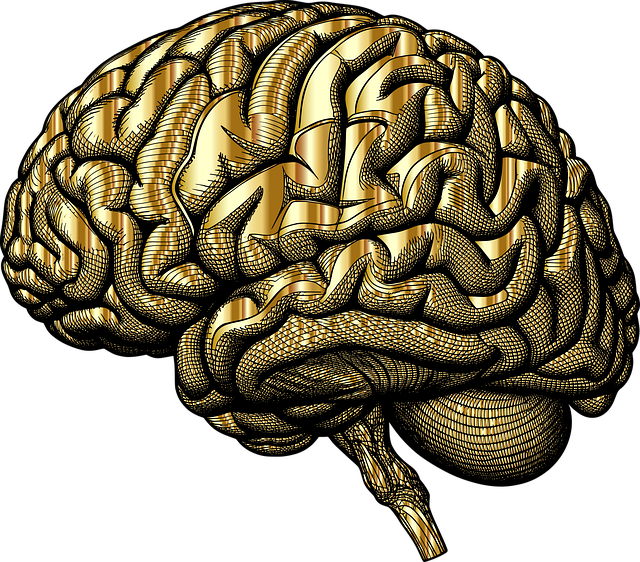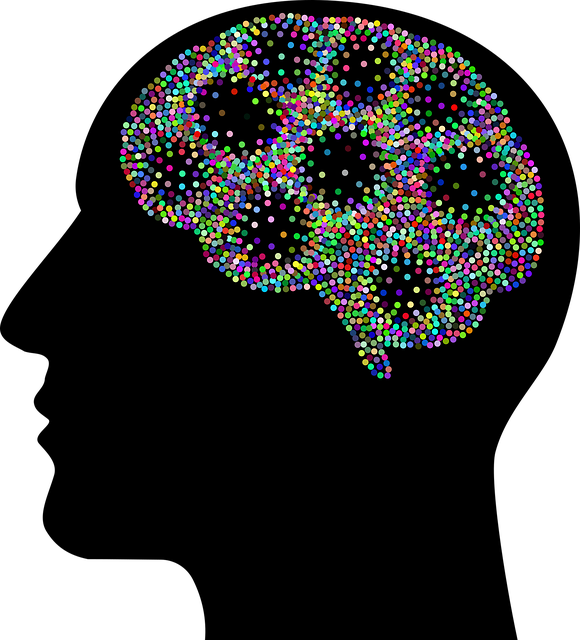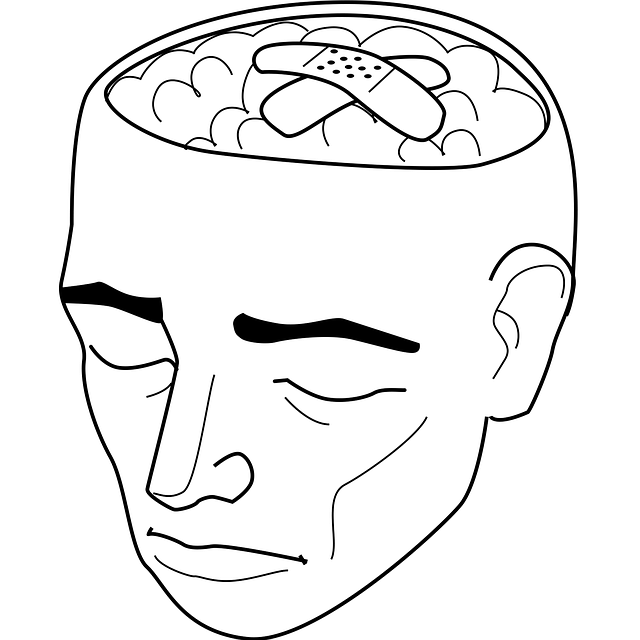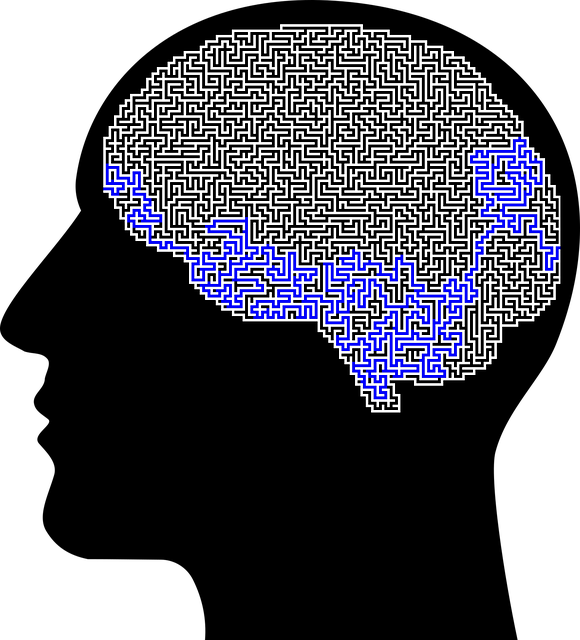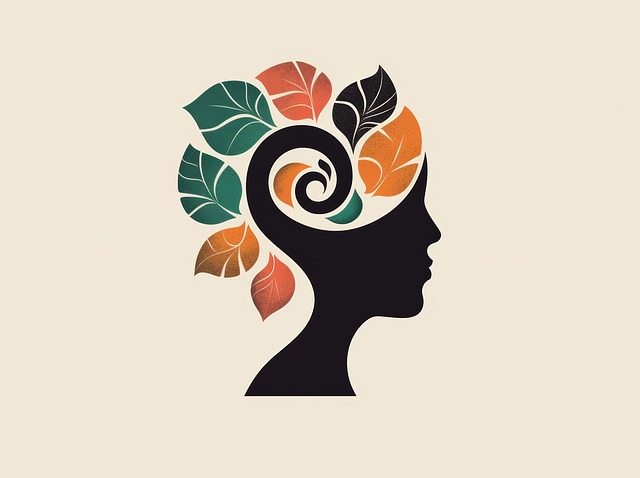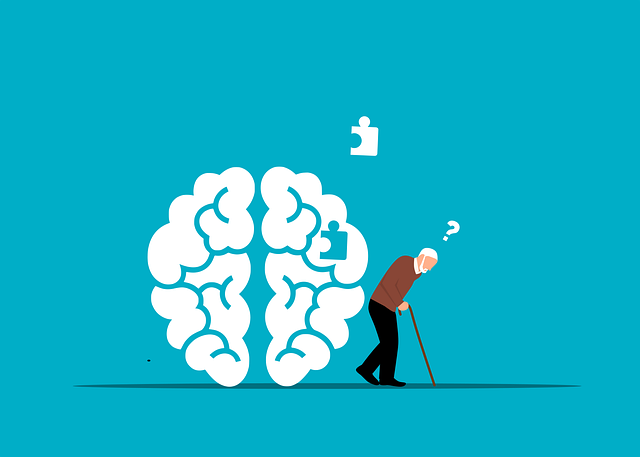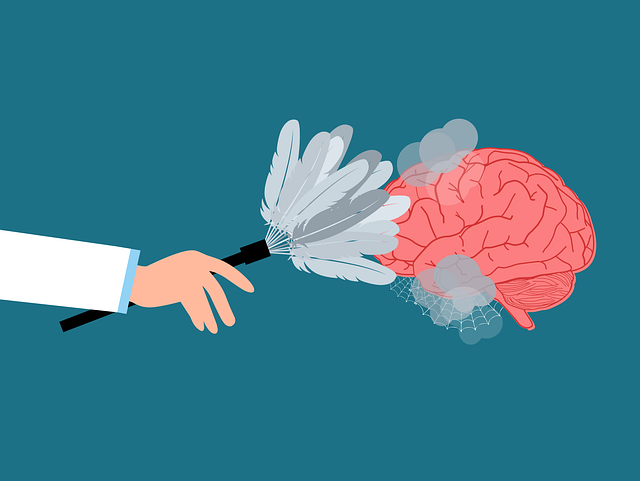Colorado Springs offers comprehensive support for individuals dealing with chronic pain through specialized trauma services. This holistic approach recognizes the deep connection between trauma and chronic pain, integrating traditional medicine, therapeutic interventions like Social Skills Training, stigma reduction programs, conflict resolution strategies, mental health practices, and mindfulness exercises. By addressing both physical and psychological aspects, these initiatives empower individuals to overcome emotional challenges, enhance resilience, and foster community integration for improved quality of life through Colorado Springs Chronic Pain Therapy.
In Colorado Springs, chronic pain affects numerous individuals, often leading to significant physical and emotional distress. This article delves into understanding the intricate relationship between trauma and chronic pain, a complex dynamic that can impede effective therapy. We explore the critical role of enhanced trauma support services in improving chronic pain management within the community. By addressing the underlying trauma, Colorado Springs residents can experience more holistic and successful relief from chronic pain, transforming their quality of life.
- Understanding Chronic Pain and Its Impact on Individuals in Colorado Springs
- The Role of Trauma in Chronic Pain: A Complex Relationship
- Enhancing Trauma Support Services for Effective Chronic Pain Therapy in Colorado Springs
Understanding Chronic Pain and Its Impact on Individuals in Colorado Springs

Chronic pain is a complex condition that significantly impacts individuals living in Colorado Springs and beyond. It’s characterized by prolonged discomfort persisting for months or even years, often affecting mobility, daily functioning, and overall quality of life. Many factors contribute to chronic pain, including injuries, illnesses, and conditions like arthritis, fibromyalgia, or nerve damage. The pervasive nature of this condition can lead to physical disability, depression, anxiety, and social isolation if left untreated.
Colorado Springs offers various trauma support services tailored to address chronic pain management. Beyond traditional medical treatments, Social Skills Training and Mental Illness Stigma Reduction Efforts play a crucial role in empowering individuals to cope with pain. Through therapy, patients learn emotional regulation techniques to manage stress and anxiety associated with chronic pain. These efforts aim to enhance resilience, improve mental well-being, and promote a sense of community among those navigating the challenges of living with chronic pain in Colorado Springs.
The Role of Trauma in Chronic Pain: A Complex Relationship

Trauma and chronic pain share a complex relationship, where past traumatic experiences can significantly impact an individual’s ability to manage and cope with persistent pain conditions. Many people who suffer from chronic pain have also experienced trauma, be it physical, emotional, or psychological. This connection is not just anecdotal; research has shown that trauma can alter the brain’s response to pain signals, leading to heightened sensitivity and chronic pain states.
In Colorado Springs Chronic Pain Therapy, addressing this dual issue is crucial. Therapists employ various techniques, including conflict resolution strategies and mental health awareness practices, to help individuals process and heal from past traumas. By integrating mental wellness approaches into pain management, therapists aim to break the cycle of pain exacerbation caused by unresolved trauma, offering a more holistic path to recovery and improved quality of life for those navigating chronic pain conditions.
Enhancing Trauma Support Services for Effective Chronic Pain Therapy in Colorado Springs

In Colorado Springs, enhancing trauma support services is crucial for effective chronic pain therapy. Many individuals suffering from chronic pain also carry the burden of past traumas, which can complicate their journey to recovery. By integrating self-care practices and self-awareness exercises tailored to address these underlying issues, therapists in Colorado Springs chronic pain therapy programs can significantly improve patient outcomes. These approaches not only help patients manage physical discomfort but also provide anxiety relief and foster resilience.
Trauma support services in Colorado Springs should focus on creating safe spaces where individuals feel empowered to confront and process their traumatic memories. Through innovative techniques, such as eye movement desensitization and reprocessing (EMDR), along with traditional talk therapy, patients can begin to heal from the root causes of their pain. By combining these evidence-based practices with self-awareness exercises that promote mindfulness and stress reduction, individuals can develop coping strategies that enhance overall well-being. This holistic approach ensures that Colorado Springs chronic pain therapy not only alleviates physical symptoms but also nurtures psychological and emotional healing.
In conclusion, addressing chronic pain in Colorado Springs requires a comprehensive approach, especially considering the deep connection between trauma and chronic conditions. By enhancing trauma support services, healthcare providers can offer more effective treatment for individuals experiencing both trauma and chronic pain. This multifaceted strategy ensures that patients receive holistic care tailored to their unique needs, ultimately improving their quality of life in Colorado Springs and beyond.
